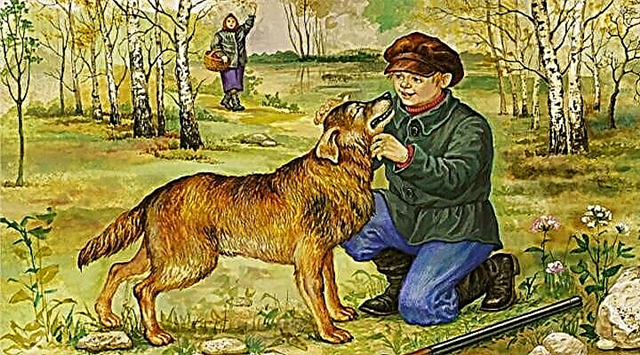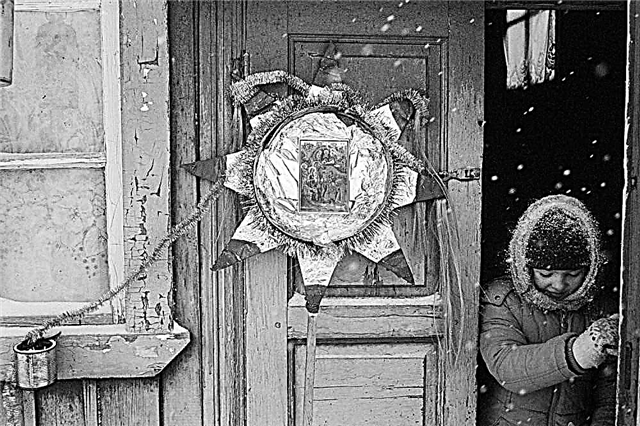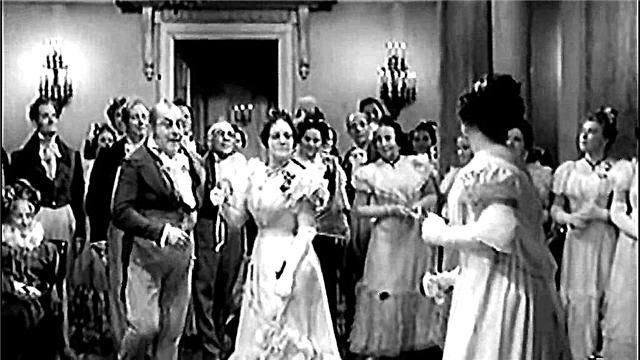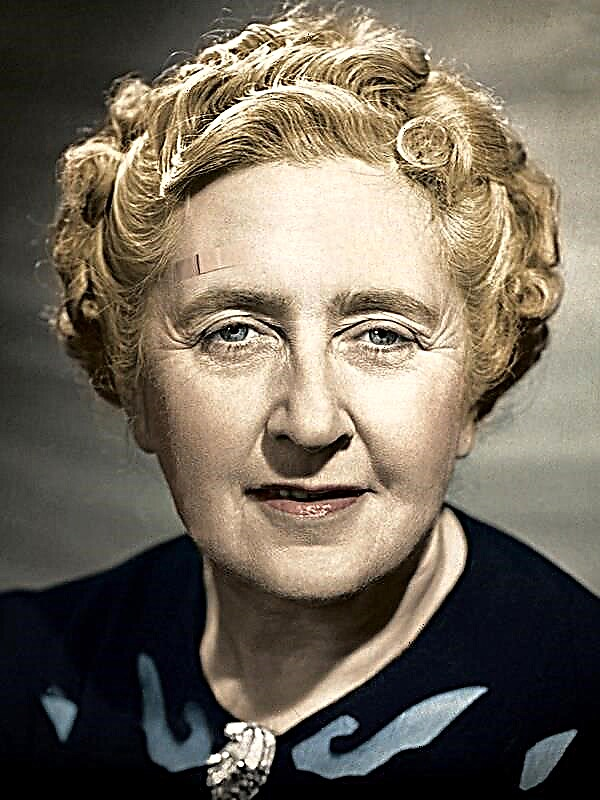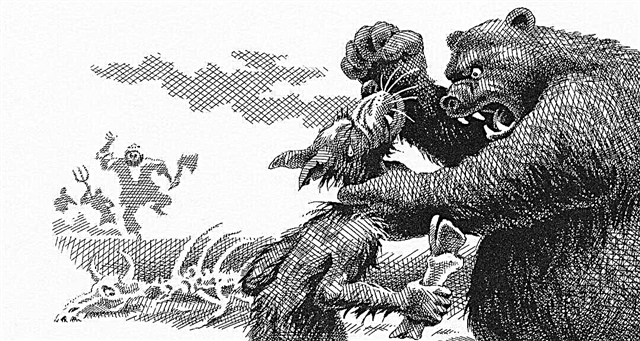(336 words) An integral part of Gogol's Russia was undoubtedly the world of bureaucracy. Bribe takers, embezzlers and corrupt officials together formed an entire estate, a small world for their own, known to us only from the pages of books. One of the classics who made the greatest contribution to the creation of a stereotypical Russian official is considered N.V. Gogol. Consider the pieces “Overcoat” “The Examiner” and “Dead Souls” as an example.
The story “The Overcoat” tells us the story of the titular adviser Bashmachkin. He does not seem to us mercantile or egocentric, only self-contained. An official from the most lowlands of the official rank appears to be an ordinary person whose spiritual needs are limited to the purchase of an overcoat and the need for respect. But you cannot judge the entire estate by one representative. His atmosphere is many times stronger transmitted to us by Gogol in his comedy The Examiner. Commenting on his work, he said:
In The Examiner, I decided to put together all the bad things in Russia that I knew ... and laugh at everything at once.
County officials are presented to us in the person of the “freethinking” judge Lyapkin-Tyapkin, who has read “five or six books” and takes bribes in puppies, the paranoid city manager and responsible for the charitable institutions of Strawberries. All of them are surrounded by the "mayor", but the apogee of human madness is not him, but Khlestakov, the chief con man of the work. His image is brought to such a grotesque that he sees us as an absolute sinner. With his lies, he introduces into panic fear the burnt bureaucrats of the entire county, takes “loans” from almost all the characters of the comedy (some want to pray for their minor sins, others to convey or curry favor) and even makes attempts to look after the city dweller's wife, finding her still very “appetizing” ". All the same image is fixed in the literature by another Gogol's work - Dead Souls. The provincial officials presented to us will in no way yield to the district.
“Although he will take it,” say the merchants, “but it certainly won’t give you away,” the police chief said.
They were not able to recognize the swindler in Chichikov, as well as in the case of Khlestakov. Officials also actively took bribes and ignored their duties. They are indifferent to the fate of the state and society.
Do not forget that the works of Gogol are satirical in nature, however, in every joke there is only a fraction of the joke. It is not without reason that his works earned the approval of the public, because the "unbridled" official was and remains an urgent problem of our society.



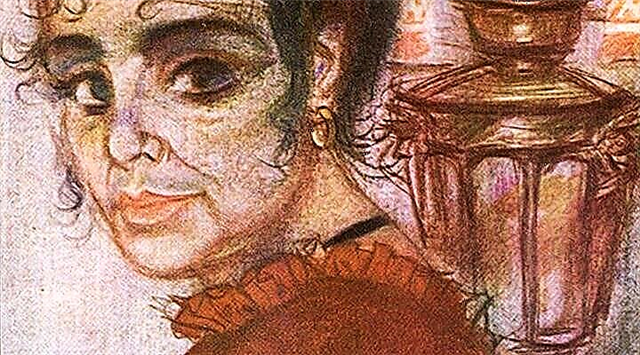 Dark alleys
Dark alleys